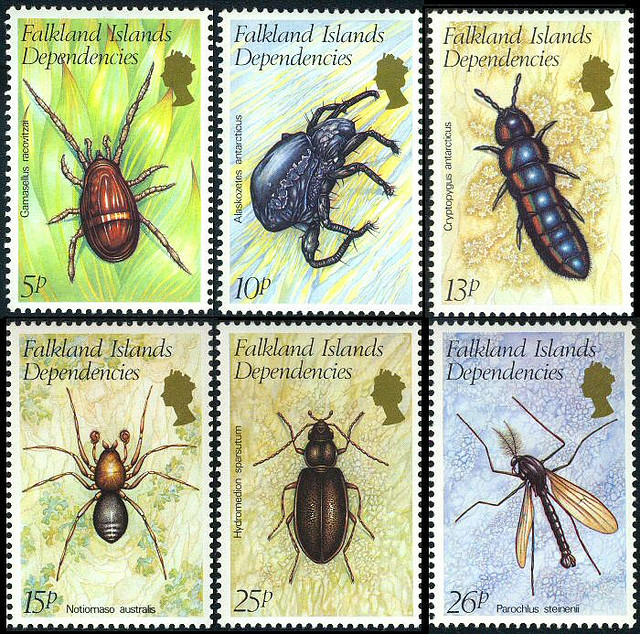Mammals, along with birds, reptiles and amphibians, are an extremely small percentage of all biodiversity (~0.4%). Invertebrates on the other hand, make up the vast majority of biodiversity (~80%) but feature such unloved creatures as leeches, parasitic worms, spiders, snails, lice and aphids. The most insidious threat to invertebrates is that we haven’t documented their diversity. For most invertebrate groups, we don’t know what species are out there and therefore struggle to identify those that are threatened. The specific consequences of neglecting invertebrates in land management are largely unknown. But these creatures perform key functions within ecosystems, from pollination to controlling population explosions of other species of plant and animal. Invertebrates recycle waste; without dung beetles for example, we would be hip-deep in manure. Pollination by insects helps plants cross-pollinate and produce viable seeds, resulting in fruit, grains (such as wheat and canola) and honey. Without invertebrate pollination we would lose countless species of plants including the majority of orchids. Invertebrates provide a vast food supply for the survival of other invertebrates (spiders, scorpions, tiger beetles), vertebrates (lizards, frogs, birds, bats, fish, insectivorous mammals) and some plants (carnivorous plants). There has even been talk of edible insects being introduced to the western diet for their health and environmental benefits. As the famous entomologist EO Wilson notes, invertebrates are “the little creatures that run the world”; without them, all life “would mostly disappear … within a few months”.
Source: The Conversation, 6 September 2013
http://theconversation.com/slimy-scaly-and-forgotten-we-need-to-fund-ou…

- Log in to post comments
